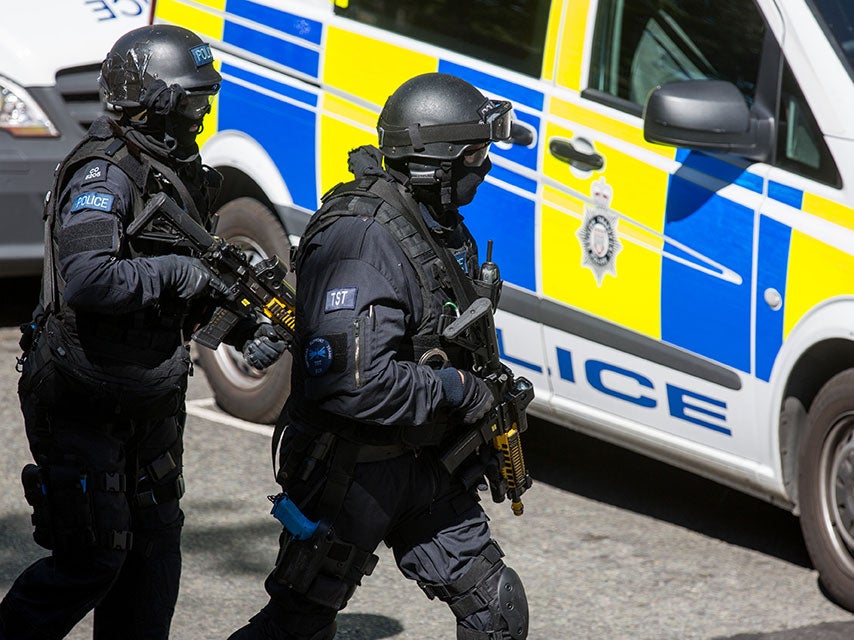8 potential extremists are being detected in Britain every day - and almost half are teenagers
The 'lure of extremism' blamed for increase

Your support helps us to tell the story
From reproductive rights to climate change to Big Tech, The Independent is on the ground when the story is developing. Whether it's investigating the financials of Elon Musk's pro-Trump PAC or producing our latest documentary, 'The A Word', which shines a light on the American women fighting for reproductive rights, we know how important it is to parse out the facts from the messaging.
At such a critical moment in US history, we need reporters on the ground. Your donation allows us to keep sending journalists to speak to both sides of the story.
The Independent is trusted by Americans across the entire political spectrum. And unlike many other quality news outlets, we choose not to lock Americans out of our reporting and analysis with paywalls. We believe quality journalism should be available to everyone, paid for by those who can afford it.
Your support makes all the difference.More than three teenage potential extremists a day are being referred to the Government's deradicalisation scheme, new figures have shown.
Across England and Wales, almost 800 people were referred to the Channel programme - aimed at providing early intervention for vulnerable people who could be drawn to terrorism - between June and August 2015.
Of them, 312 individuals were under the age of 18.
The increasing “lure of extremism” was to blame for the large rate of referrals, according to one think tank leader.
796
The number of people referred to Channel from June to August
The figures, obtained from the National Police Chiefs’ Council through a Press Association Freedom of Information request, found eight people were being referred to the scheme each day during the three-month period.
There were more referrals to the initiative during this time than the total for 2012-13.
Since July, schools and councils have had a legal requirement to identify people at risk of being drawn to terrorism.
During this month, there were 349 referrals. The number dropped to 120 in August.
Haras Rafiq, managing director of security think tank Quilliam, said the large rate of referrals was because “the lure of extremism [had] increased over the last year both from an Islamist and far-right perspective”.
Mr Rafiq said: “There is a symbiotic relation between the two. More effort needs to come from civil society so that we build resilience in our communities so that these numbers come down.”
John Hayes, security minister, said: “As a country, we have a duty to challenge, at every turn, the twisted narrative that has corrupted some of our vulnerable young people.”
The scheme was rolled out nationally in 2012. Mr Hayes said although the number of referrals had increased, only a small proportion of them went on to need specialist intervention support.
Last week it emerged a 14-year-old boy from Lancashire who was handed a life sentence for plotting a terrorist attack at the Anzac Day Parade in Australia, had been referred to the Channel scheme in 2013.
Join our commenting forum
Join thought-provoking conversations, follow other Independent readers and see their replies
Comments